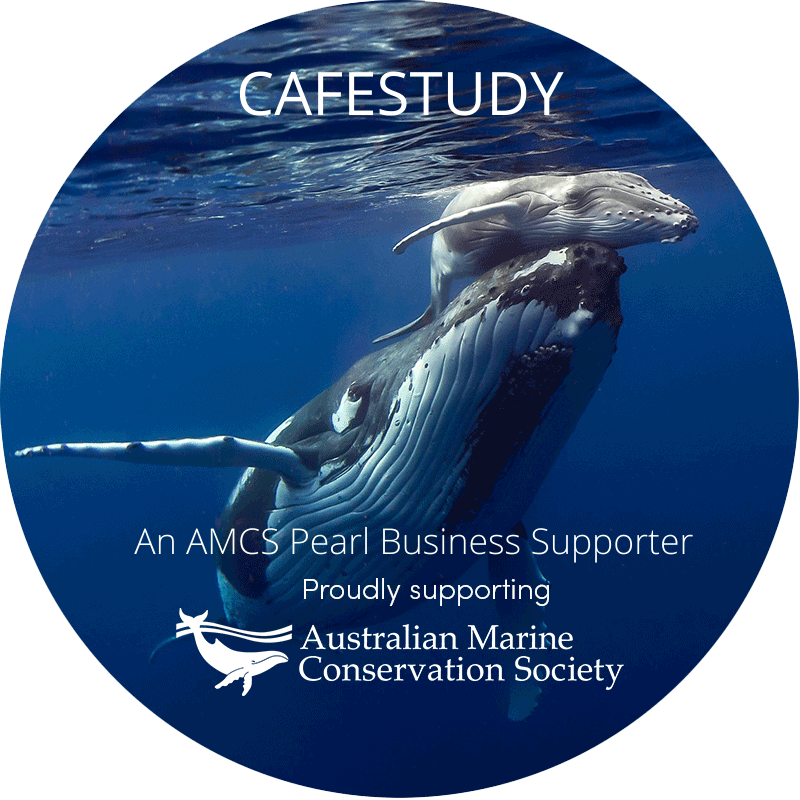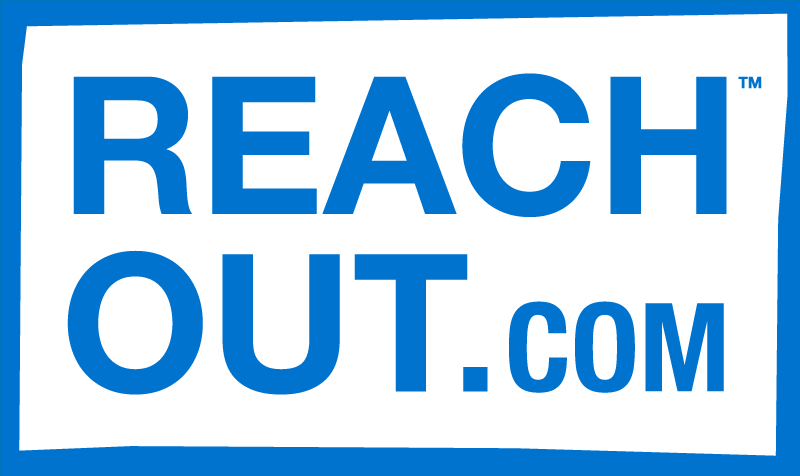TO SHARE OR NOT TO SHARE
Posted by: nej1941
21st Nov 2015 09:21am
We have relatives who recently won a substantial lottery prize. As they are pensioners, they never had much money until their win, and we always paid if we went out to a restaurant or pub. We also paid if we went to the zoo or the movies with them. However, since their win, they are still reluctant to pay their share. We don't expect them to pay for us; just for themselves. How do we make that clear without offending them.
You must be a member to reply to this chat topic. Click here to sign in.
Help Caféstudy members by responding to their questions, or ask your own in Café Chat, and you will get the chance of earning extra rewards. Caféstudy will match these and donate equally to our two chosen Australian charities.

Australian Marine Conservation Society are an independent charity, staffed by a committed group of scientists, educators and passionate advocates who have defended Australia’s oceans for over 50 years.
ReachOut is the most accessed online mental health service for young people and their parents in Australia. Their trusted self-help information, peer-support program and referral tools save lives by helping young people be well and stay well. The information they offer parents makes it easier for them to help their teenagers, too.


Comments 2
Yqsymnx
You need to see it from their eyes first.
You have done this deed for whatever time period, and now they are used to it.
They have been averse to spending for a long time, probably in the fear they will spend too quickly and lose all their money before they pass.
Perhaps recommend a financial planner or even prepare a simple budget for them to show they will have enough funds to last, even with a bit of 'side' expenditure.
Education is the key.
Expectation is not.
blondie72
If it were me in your situation...I would tell them straight out....That you didn't mind shouting them while they were not doing so well financially because you knew they were struggling. However things have changed and their financial situation has significantly improved and they can now afford to pay for themselves and so they should.
My goodness...some people really know how to take advantage and blatantly too. (shaking my head)